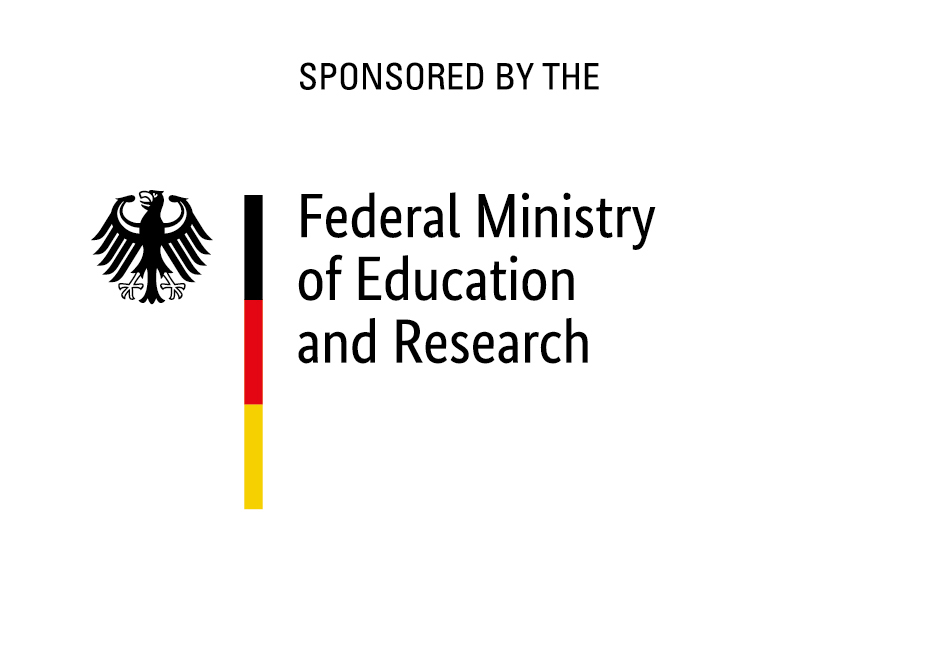Co-development of methods to utilize uncertain multi-model based information on freshwater-related hazards of climate change (CO-MICC)

Project summary
Motivation
It is state of the art that multi-model ensembles (MME) of future freshwater-related hazards of climate change (CC) (e.g. derived by driving a number of global hydrological models by the output of a number of climate models) are optimal for informing CC risk management. However, studies on how to best utilize MMEs (e.g. ISIMIP MMEs) in CC risk management, in particular for identification of adaptation measures, are lacking.
Goals
The main project goals are (1) to co-develop, together with stakeholders, methods for providing and utilizing MME data on freshwater-related hazards for risk and adaptation assessments at various spatial scales, and (2) to provide these data at a web portal in a suitable way, in order to increase availability and applicability of information for different types of end-users, with a focus on how to address uncertainties.
Approach
Furthermore, future research in the framework of ISIMIP is to be co-designed, focusing on uncertainty and water. Co-development of PUNI (Providing and Utilizing eNsemble Information) methods will be done jointly by global hydrological modelers, scientists investigating co-development methods and societal information needs, boundary organizations and stakeholders (end-users). They will all participate in three stakeholder dialogues at the global scale (end-user industries), transboundary scale (Morocco, Algeria, Tunisia), and river basin scale (Ebro). PUNI methods will be co-developed by testing alternative ways of presenting MME data in support of exemplary CC risk assessments in each stakeholder dialogue in an iterative manner, based on MME data that are either available or generated specifically in the project in response to end-user input.
Results
Expected results include a handbook on PUNI methods and a web portal at UNESCO’s International Centre for Water Resources and Global Change where end-users from around the world will be able to access hydrological MME data for their region of interest for free and in a way that suits their needs, e.g. by selecting a hazard indicator for low flows as well as its spatial and temporal aggregation. More information can be found on the project webpage.
Our contribution
The Hydrology Group will lead and coordinate the project, and have both a role as knowledge providers and co-development facilitator and thus a central role in developing PUNI methods. The group will generate data with the global hydrological model WaterGAP, contribute to the analysis and presentation of the multi-model ensembles, and it will facilitate the co-development process with users/stakeholders by designing and implementing the stakeholder dialogue workshops together with the project partners. In particular, the group is actively involved in the following work packages:
- Project coordination and reporting.
- Global stakeholder dialogue: Co-development of PUNI methods for CC risk management of globally operating industries.
- Transboundary-scale stakeholder dialogue in Morocco, Algeria and Tunisia: Co-development of PUNI methods suitable for transboundary CC risk management.
- Basin-scale stakeholder dialogue in Ebro basin, Spain: Co-development of PUNI methods suitable for CC risk management in large river basins.
- Analysis of available ISIMIP multi-model ensembles.
- Stakeholder-driven simulations of water-related hazards based on available climate projections of ISIMIP.
- Analysis of ensemble simulations generated by the aforementioned for user-specified variables at different spatial and temporal resolution.
- Synthesis of project outcomes.
Contact
Prof. Dr. Petra Döll (principal investigator)
Fabian Kneier
Thedini Asali Peiris
Duration
November 2017 – October 2020
Funding
German Federal Ministry of Education and Research (BMBF) in the framework of European Research Area for Climate Services ERA4CS
Publications
Forthcoming
Posters
Forthcoming
Presentations
Forthcoming
Further information / social media
Forthcoming




